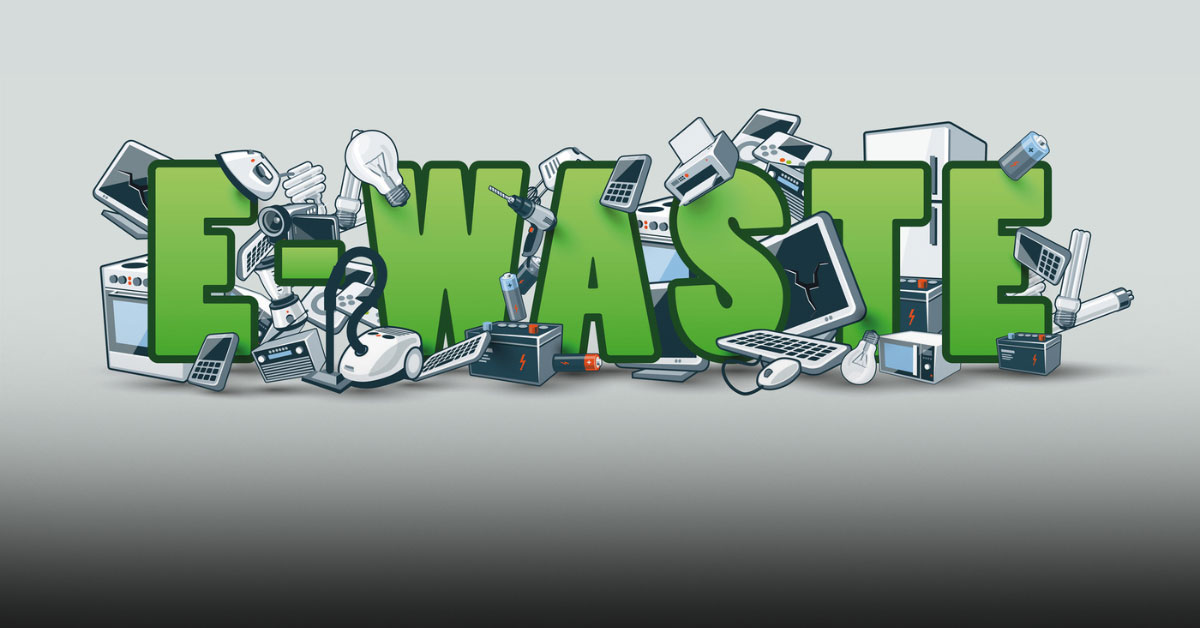The digital revolution has brought us many benefits, but it has also created a massive amount of electronic waste, or e-waste. In Britain, a country known for its forward-thinking sustainability efforts, an unsettling reality has been brought to light regarding the fate of old tech, specifically laptops.
The Shocking Reality of E-Waste Disposal in Britain
In an ambitious and eye-opening experiment, old, broken laptops – cleared of data – were fitted with trackers and handed over to six of the UK’s top retailers. The retailers, all legally required to accept old goods from customers purchasing new ones, pledged to recycle these laptops. However, what unfolded over the following six months was an interesting and worrying journey that spanned across the entire UK.
Tracking the Unseen Journey of Recycled Laptops
The trackers led investigators to unexpected locations: a beach in Norfolk, residential addresses in Slough, a warehouse tucked away in rural Wales, and more. This bizarre trip offered a glimpse into an industry grappling with a problem it refers to as “leakage”, a term that describes how goods intended for recycling somehow slip away into potentially less scrupulous hands.
Unveiling Leakage: When E-Waste Recycling Goes Wrong
Remarkably, one of the laptops given to retailer John Lewis was stolen not once, but twice from the recycling supply chain. Argos, another retailer, sold the laptops given to them to an eBay seller. While none of the laptops were found to be illegally exported, some did find their way into channels that could potentially lead there. Out of the 14 laptops tracked, 10 were seemingly recycled correctly. Yet, the fate of the others raises serious questions about the integrity of the recycling process.
The Dark Side of E-Waste and the Threat to Our Environment
It is troubling to note that Justin Greenaway, the commercial manager at Sweeep Kuusakoski, an electronics recycling plant in Kent, stated that household waste recycling centres are regularly targeted by criminals. If e-waste is stolen, it is often destined to be exported. Approximately 114,000 tonnes of electronics are lost from the UK’s recycling system to theft every year, according to a report by Material Focus, a non-profit electrical recycling organisation. This shocking statistic serves as a stark reminder of the challenges that face the e-waste recycling industry.
Stepping Up: Improving Processes for Responsible E-Waste Disposal
The findings of this experiment serve as a wake-up call for the industry. It’s a reminder that while the public may be making strides towards more sustainable tech usage by recycling their old devices, there’s still a long way to go. The retailers involved in the experiment have responded to the results, with many stating they are reviewing their processes to prevent such occurrences in the future. The issue of e-waste is a serious one, and it’s clear that a more robust and secure chain of custody is needed to ensure that our old tech is responsibly recycled and not lost in the abyss of ‘leakage’.
In the end, the journey of our old tech is a reflection of our commitment to a sustainable future. We all have a role to play, from consumers to retailers to ITAD centres, in making sure that the digital revolution doesn’t come at the cost of our environment. It’s not just about discarding old tech – it’s about ensuring that it’s disposed of correctly, that it ends up where it should, and that we all do our part to reduce, reuse, and recycle in the age of technology.
Source: Alexandra Heal, June 2023, Throwaway Britain: what happens to our old tech? Financial Times

